The Galaxy Ring is Samsung's first smart ring. I think the Galaxy Ring offers a lot of value for those who want to track their health and fitness on a regular basis. However, it doesn't beat the competition to the punch.

While this is Samsung's first attempt at a product like the Galaxy Ring, companies like Oura, RIngConn, Amazfit, and more have been selling smart rings for a long time. Still, Samsung's move has brought more attention to the category.
I've been using the Galaxy Ring for a few weeks now and I don't think it's any more worth buying than any other smart ring. It's no surprise that the Galaxy Ring is made specifically for Galaxy ecosystem customers.
Galaxy Ring Hardware Review
There's not much you can do with a ring other than make it minimalistic and stylish. It should also be water-resistant. On the hardware side, Samsung has done a great job. The outer case is made of titanium, making the Galaxy Ring beautiful enough to wear on formal occasions like weddings. In addition, the Galaxy Ring is water-resistant to 10ATM.
There are three color options to choose from: Titan Black, Titian Silver, and Titan White. I personally experienced Titan Black. The appearance of the Galaxy Ring gave me mixed feelings during the review process.
The Galaxy Ring feels cold like any other ring when not worn for a while. However, the black metal layer does not really make the product look luxurious. The matte finish makes the Galaxy Ring look like it is covered in painted plastic rather than titanium. The result is a rather primitive product.
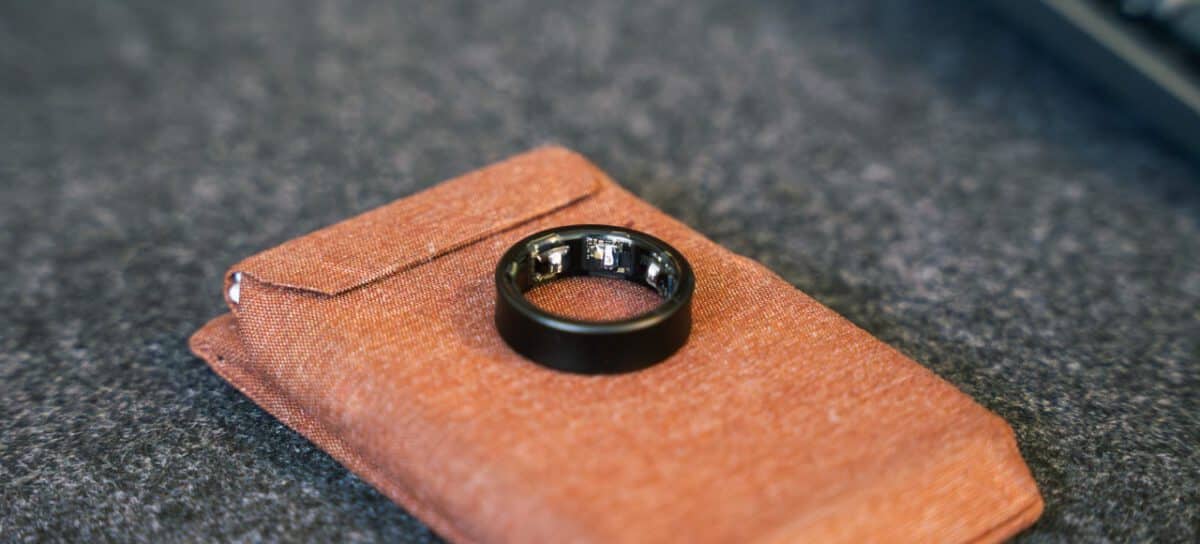
The Titian Silver and Titanium Gold color options may differ. They look more like shiny jewelry, which many people prefer. The outer case is made of titanium, which seems to make the Galaxy Ring look more durable. However, the product is very light.
The inside of the Galaxy Ring is made of transparent plastic, allowing you to see the sensors. Samsung says it uses an optical bio-signal sensor to measure heart rate. There’s also a skin temperature sensor and an accelerometer. The skin temperature sensor is used to track menstrual cycles – a big addition to the Galaxy Ring.
As with other smart rings, the top of the sensor protrudes a bit to bring the sensor closer to the skin. However, it didn’t bother me at all. Any weird sensations I had with the Galaxy Ring in the first few days of use quickly disappeared. There’s a dotted line on the outside to help you position the sensors so you can wear the ring correctly for the most accurate readings.
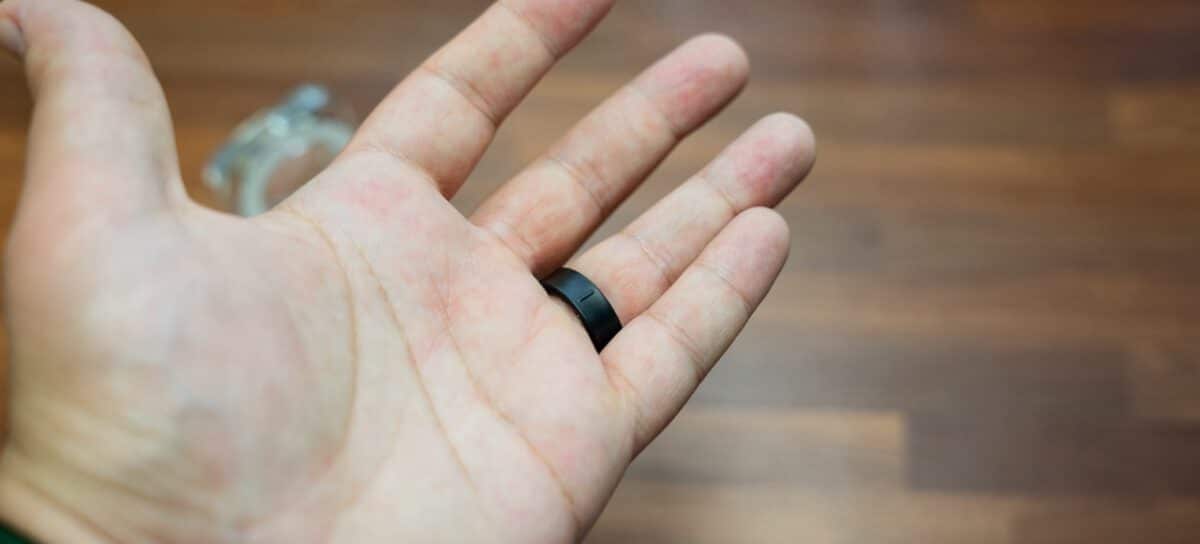
It’s worth noting that I tend to wear smart rings like wedding rings. Samsung recommends wearing the Galaxy Ring on your index finger for the best experience. However, you don’t have to. I didn’t have any issues wearing the Galaxy Ring on another finger.
Best Charging Case I've Ever Used
I think Samsung spent a lot of time developing the charging case for the Galaxy Ring. This is the best charging case for a smart ring I've ever used.
The outer shell is made of acrylic plastic, while the battery is encased in metal. When you open the charging case, you'll see where to place the Galaxy Ring along with an LED light that indicates the battery status of the product. The inside of the charging case is white with a small orange dot to indicate the correct way to place the Galaxy Ring. When closed, the Galaxy Ring can still be seen through the transparent plastic shell.
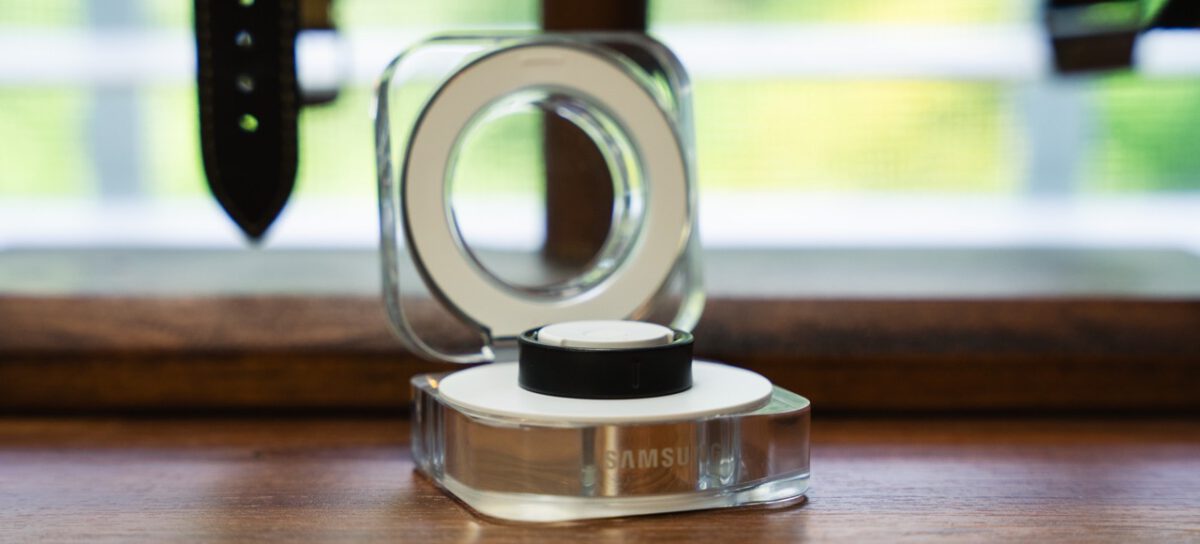
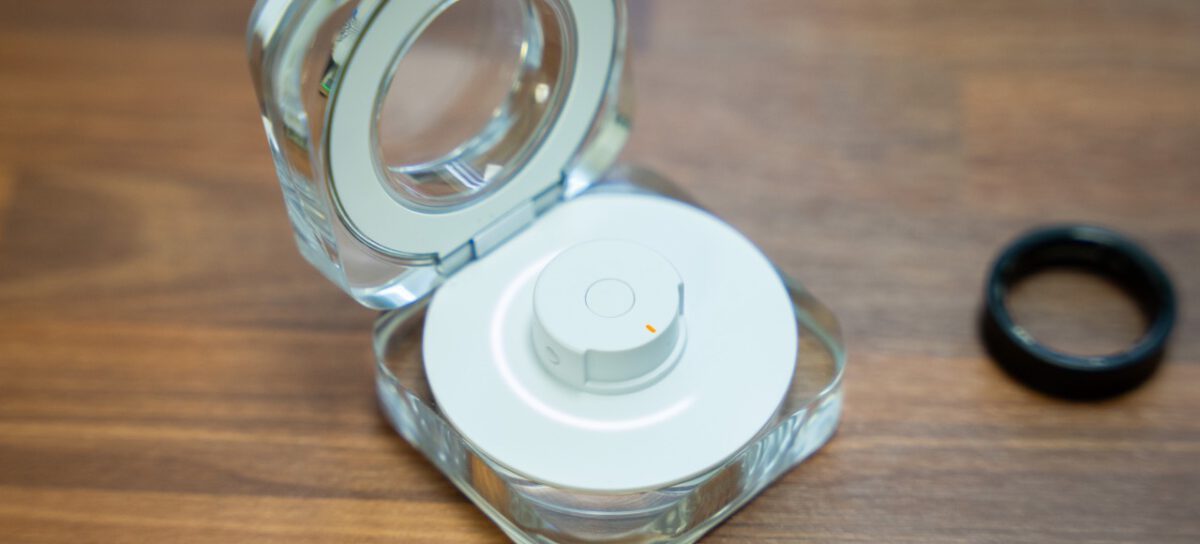
The charging case of the Galaxy Ring is quite similar to the charging case of the Galaxy Buds. This is a plus because you can easily put the product in your pocket. Thanks to that, you won't need to use an outlet for weeks when using the Galaxy Ring.
Performance on par with the Galaxy Watch
The title may be misleading, but during my time with the Galaxy Ring, I felt like this little wearable could completely replace the Galaxy Watch as long as you don't need notifications.
The Samsung Health app's health stats have three main components: Sleep score, heart health, and activity. The latter is based primarily on steps, while heart health includes heart rate, stress, and blood oxygen levels while sleeping.
Overall, I found the Galaxy Ring's health tracking to be accurate but unimpressive. There's nothing new to the Galaxy Watch line. Compared to the experiences that companies like Oura offer, the Galaxy Ring feels a bit lackluster.
If you have a Galaxy phone, you can take advantage of a few additional features, including Energy Score and AI-powered health tips. These two features look good on paper, but I'm not sure how much they'll improve your health.
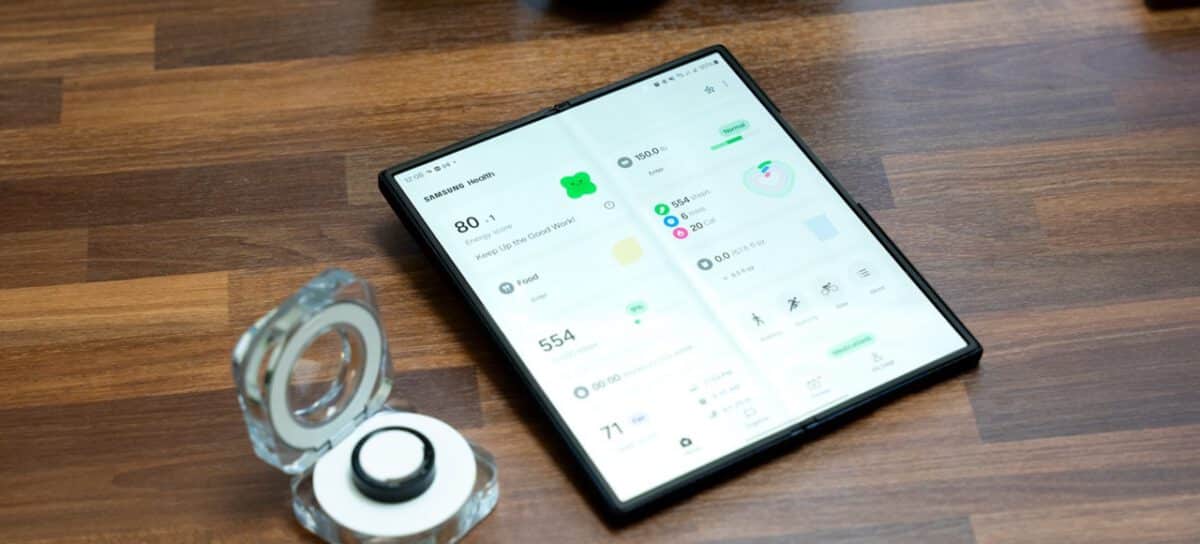
Those who pair the Galaxy Ring with any other Android device will be surprised to find that all the core features work as advertised except for Gestures, which you can use to easily take a photo or turn off an alarm on your phone by pinching your fingers together.
I have no complaints about the Galaxy Ring’s accuracy, which seems to be on par with the Galaxy Watch line and other smart rings. However, the accuracy when tracking heavy activity is inconsistent.
I didn’t like the Sleep Score, however. One day, the Galaxy Ring reported my Sleep Score was 80 even though I woke up at 4 a.m. with a migraine.
Battery life isn’t as good as advertised
When the Galaxy Ring was announced at Galaxy Unpacked nearly a month ago, Samsung claimed “up to seven days” of battery life. In reality, however, it had to be recharged every four or five days, just like the Oura Ring. This was disappointing because I thought the Galaxy Ring would have the longest battery life.
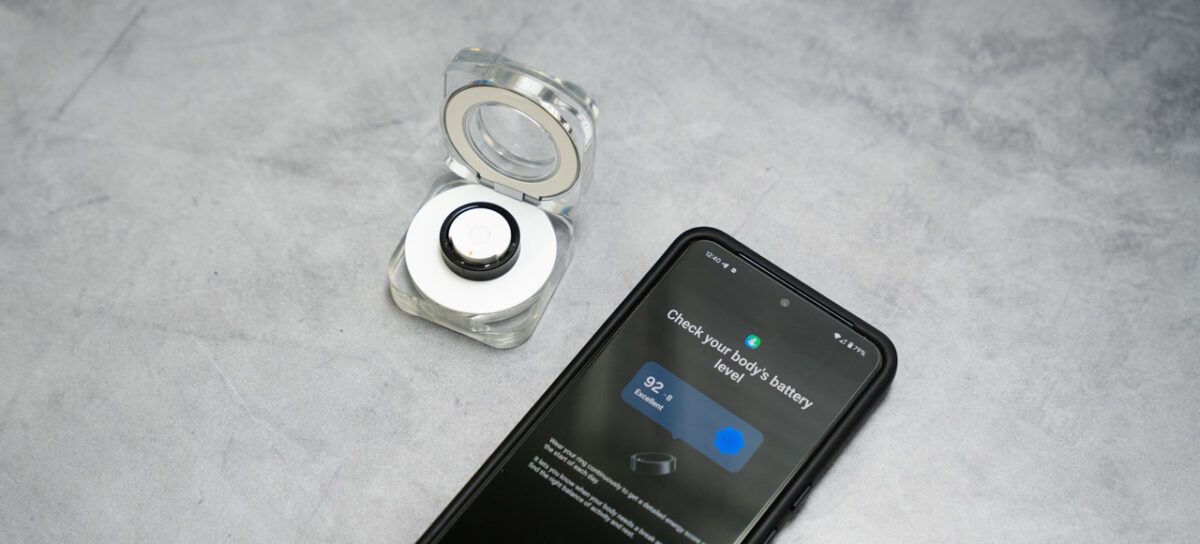
However, I didn't rate the Galaxy Ring as having a bad battery life. Many Wear OS watches, including the Galaxy Watch, don't last that long. Still, I was disappointed to find that the Galaxy Ring's battery life wasn't as long as advertised.
Galaxy Ring Review: Conclusion
In short, the Galaxy Ring is a great product that provides accurate health tracking metrics except for heavy workouts. It's great for those who want continuous heart rate monitoring, nighttime blood oxygen levels, and other basic health metrics. It can also track menstrual cycles. However, I wasn't able to test this feature.
That said, I don't think the Galaxy Ring is the best smart ring on the market, mainly because Samsung's health ecosystem pales in comparison to its competitors. When you buy the Galaxy Ring, you're joining the Galaxy ecosystem, which is a good or bad thing depending on the person.
I consider the Galaxy Ring a good fitness tracker, but I think other options like the Oura Ring offer a better experience, even if I have to pay a small monthly fee.
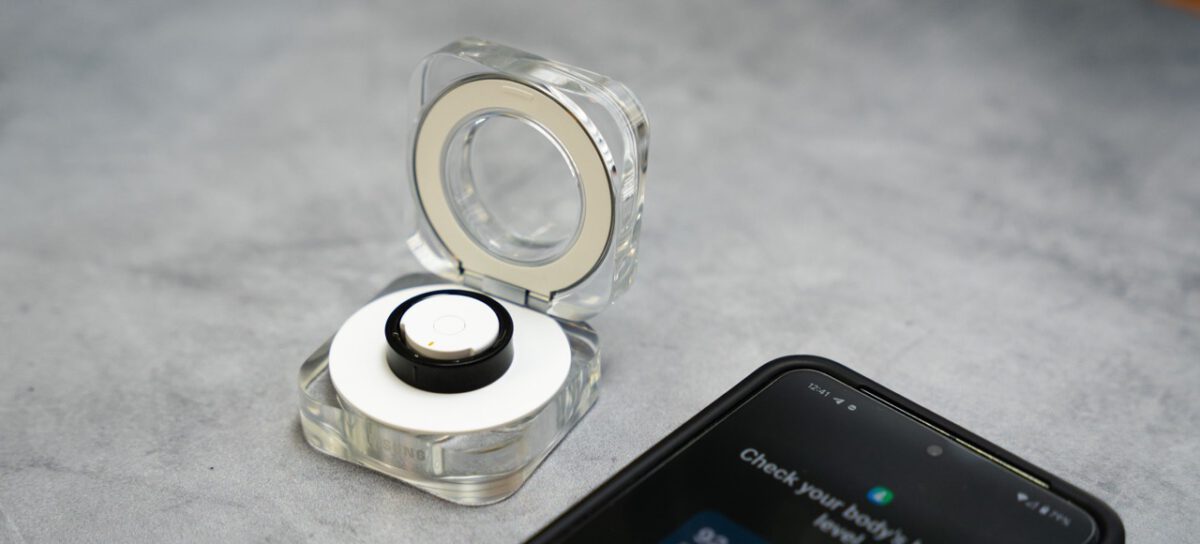
The Galaxy Ring costs $399. I think it's a good price. After replacing my smartwatch with the ring, I can confidently say that I don't miss notifications or other complex features. The Galaxy Ring is a good basic fitness tracker. So I think Samsung's first attempt at breaking into the smart ring market is pretty good. The Galaxy Ring costs $399. I think it's a good price. After replacing my smartwatch with the ring, I can confidently say that I don't miss notifications or other complex features. The Galaxy Ring is a good basic health-tracking device, so I think Samsung's first attempt at breaking into the smart ring market is pretty good.
 SamFw
SamFw

